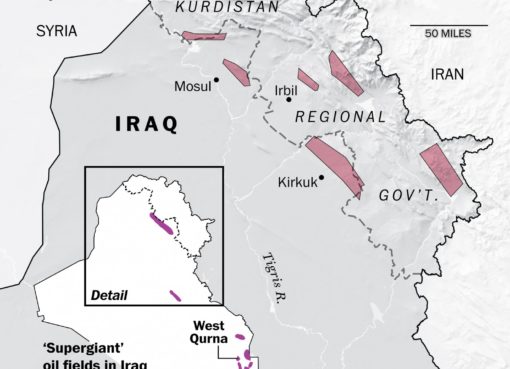
Iraq’s transition from autocracy to multiparty elections has made it something of a test case in the Arab world. Although the Sunni-Shia divide has created difficult obstacles to good governance, it has led to a wider embrace of power sharing, at least as a political principle. Iraq’s Islamist parties play a dominant role in politics, but pose less of a threat to democracy than those of other Arab countries, in large part because of the endorsement of free elections by Iraq’s most influential Shia religious leaders. At the same time, Iraq’s corrupt system of patronage politics illustrates the dangers of democratic electoral politics unrestrained by a strong legal tradition or an independent judiciary. Moreover, Iraq’s democracy currently faces a severe threat from radical Shia militias who, despite poor performance in elections, believe they can leverage their role in the fight against IS to gain permanent extralegal powers, with the ultimate aim of hollowing out Iraq’s democracy and turning it into a ideological Islamist state based on the Iranian model. In this essay, the sixth in a series exploring prospects for political reform throughout the Middle East, Nathaniel Rabkin analyzes the unique perils facing democratic governance in Iraq and the dangerous alternative of rule by militia gangs paying lip service to Islamist slogans.
To continue reading pleas down the whole document as PDF file. Click on the following link
BeyondIslamists-Iraq-Perlied Democracy
(*) Nathaniel Rabkin is the managing editor and a writer for Inside Iraqi Politics, a newsletter on strategic intelligence encompassing Iraqi politics, political risk, and political economy. He worked in Iraq for 21 months during the 2008-2011 period, first as a translator and interpreter for the U.S. military, and later as a Human Terrain Analyst for the Pentagon. Fluent in Arabic and Hebrew, and proficient in Farsi, Rabkin holds a BA in Near Eastern studies from Cornell University and is completing his MA in Middle Eastern studies at the University of Haifa.
Source: The Wessington Institute. June 2016








Comment here